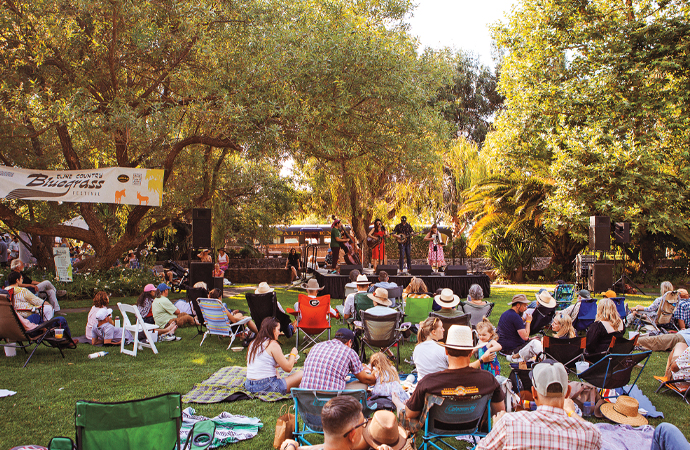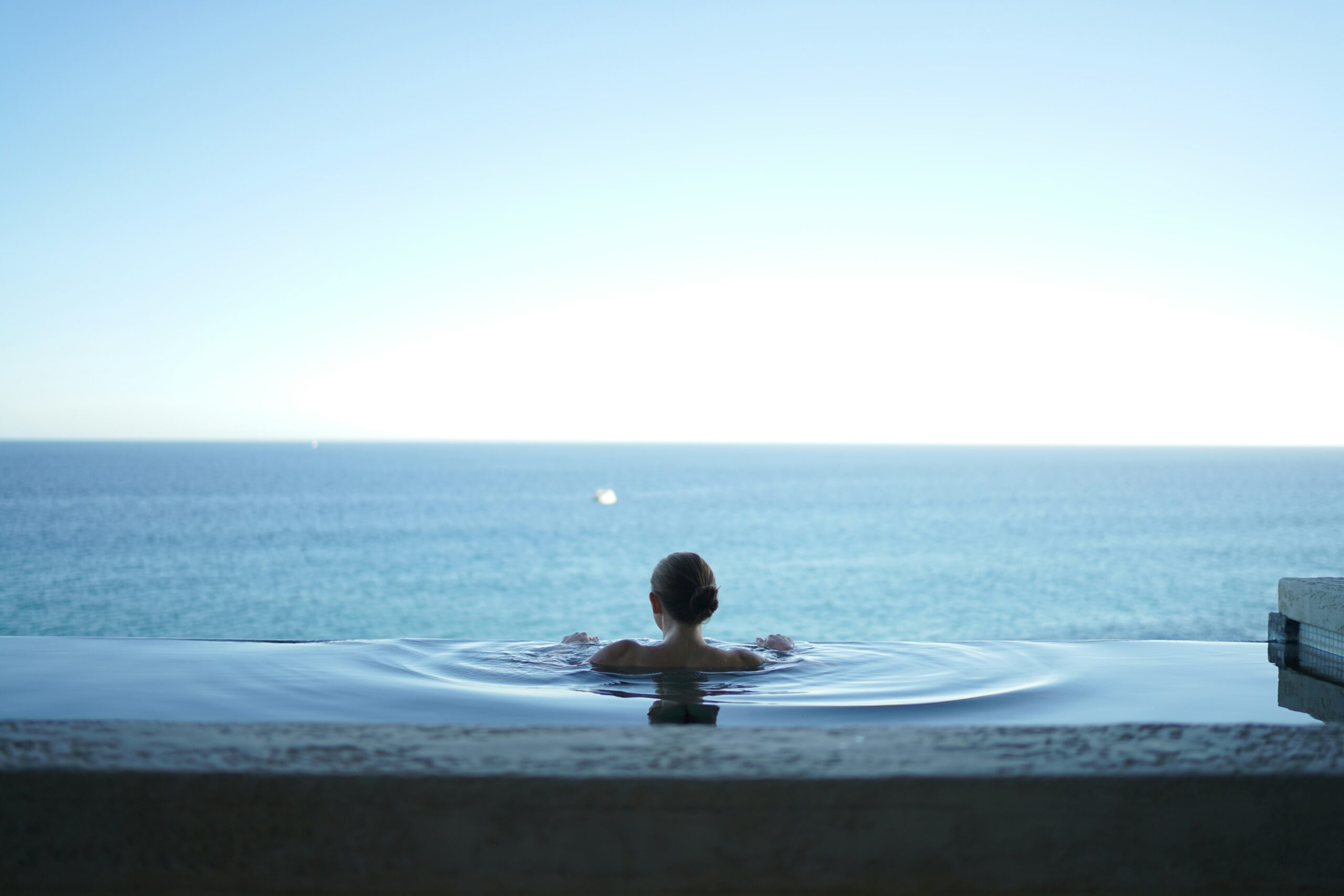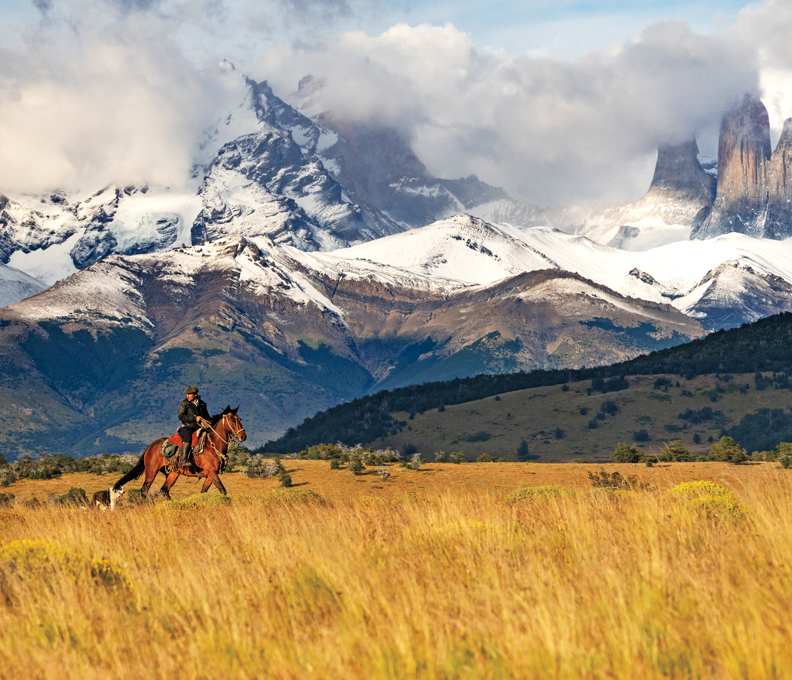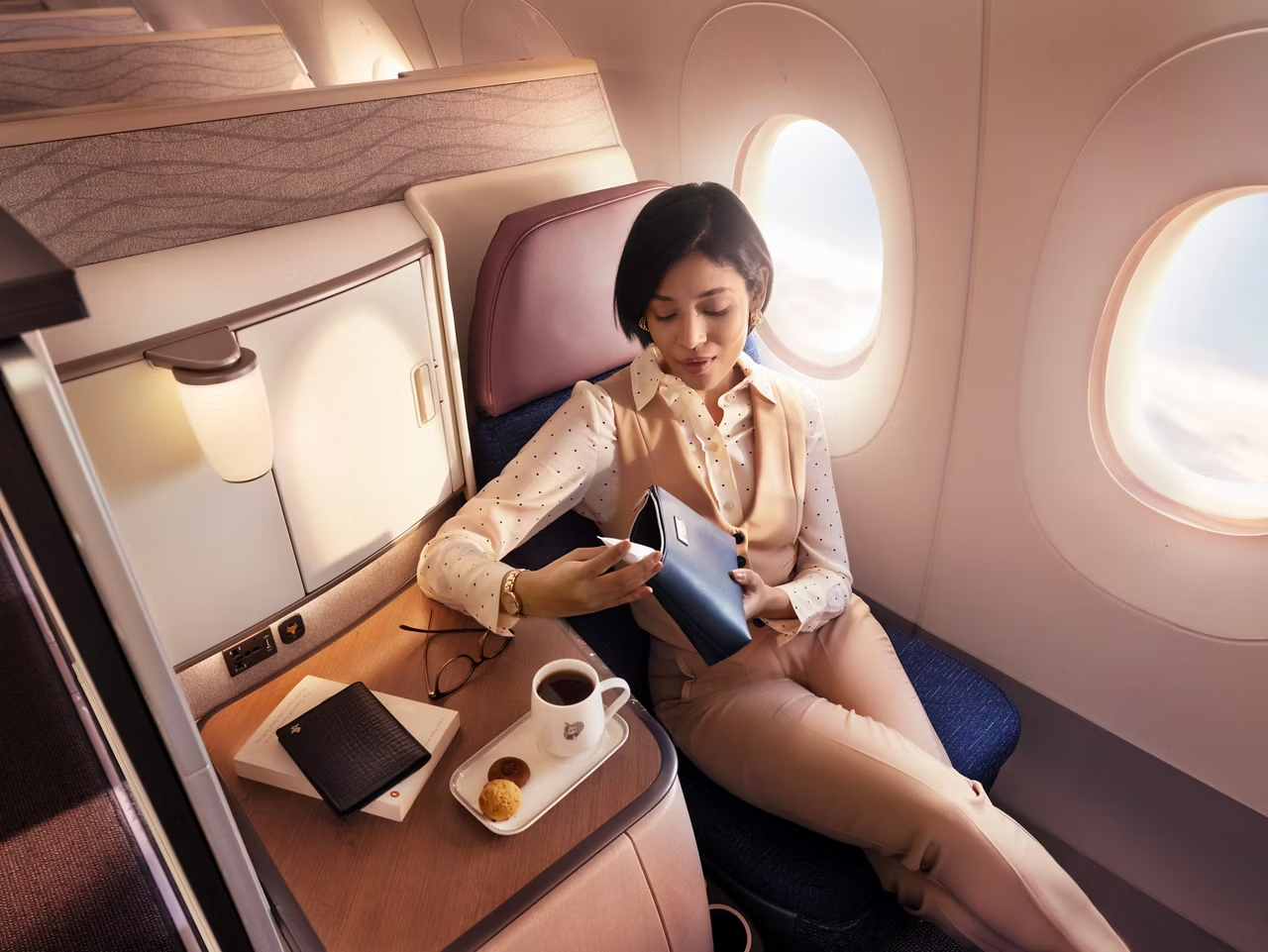The Wine Tourism Sector Is Courting Sober Travelers
Resorts and wineries are adapting their programs to attract nondrinking visitors
by Todd Plummer
October 14, 2024

Thee Meritage Resort and Spa in Napa, California / Photo: Courtesy of the Meritage Resort and Spa
At the Meritage Resort and Spa in Napa, California, it has always been about wine—with a location just minutes from top wineries, a restaurant with an extensive wine list, and rooms looking out over working vineyards. Since its opening in 2006, it has been inherently clear that this hotel caters largely to oenophiles. But after a two-year $25 million renovation completed earlier this year, there have been a few notable additions to the premises: new rooms, a refreshed lobby and expanded bar, as well as a newfound emphasis on speaking to a sober or sober-curious audience.
It’s smart to do so—by some measures, the number of Americans interested in consuming alcohol is plummeting. According to market research firm Mintel, nearly four in ten U.S. consumers closely or occasionally follow a sober-curious lifestyle. A Gallup poll from 2023 found that only 62 percent of adults under age 35 said they drink alcohol, down from 72 percent two decades ago. And according to one survey from Expedia, more than 40 percent of respondents said they’re likely to book an alcohol-free trip in the next year. That’s all to say that the wine tourism sector is finding new ways to adapt.

Ember roll at Ember Steak, The Meritage Resort and Spa, Napa / Photo: Courtesy of Meritage Resort and Spa
“It’s no longer enough for our restaurants to serve a mocktail that’s just blueberry lemonade with a splash of soda,” says Brandon Miller, director of food and beverage at The Meritage. The hotel has partnered with Ritual Zero Proof, a line of nonalcoholic spirits, to enhance their mocktail program, and the hotel’s bowling lounge, Crush, now offers grown-up milkshakes in both boozy and non-boozy forms. Miller is working with the resort’s chefs to develop house-brewed bitters and forage for local ingredients like lemons and botanical shrubs to create a sophisticated, experiential mocktail program that’s just as engaging, emblematic of Napa, and in dialogue with their food menu as their cocktail list, so that nondrinkers can feel every bit a part of the party as drinkers do.
“These days in the wine industry, we talk about the trend towards sobriety all the time,” says Hilary Cline, vice president of direct-to-consumer and marketing for her family’s two wineries, Cline Family Cellars and Jacuzzi Family Vineyards in Sonoma. “But luckily wine is the most ancient beverage, and it’s never been just about drinking—it’s about a place, it’s about people, it’s about a story.”

Cline Country Bluegrass Festival, Cline Family Cellars, Sonoma, California / Photo: Courtesy of Cline Cellars
For that reason, Cline, like many wine marketers, has found herself spearheading numerous partnerships and events that keep nondrinkers engaged. These range from weekly live music to cooking classes to culinary subscriptions (where wine plays a supporting role to other goods such as artisan pasta and locally sourced olive oil).
“We’ve always done events, but we’ve really beefed things up recently,” Cline says. She cites the inaugural Cline Country Bluegrass Festival, held at Cline Family Cellars last summer, as well as a popular chili festival that occurred in September. “You don’t have to drink when you visit our properties. Other diversions give someone an excuse to come to Wine Country without the visit being centered around wine only.”




